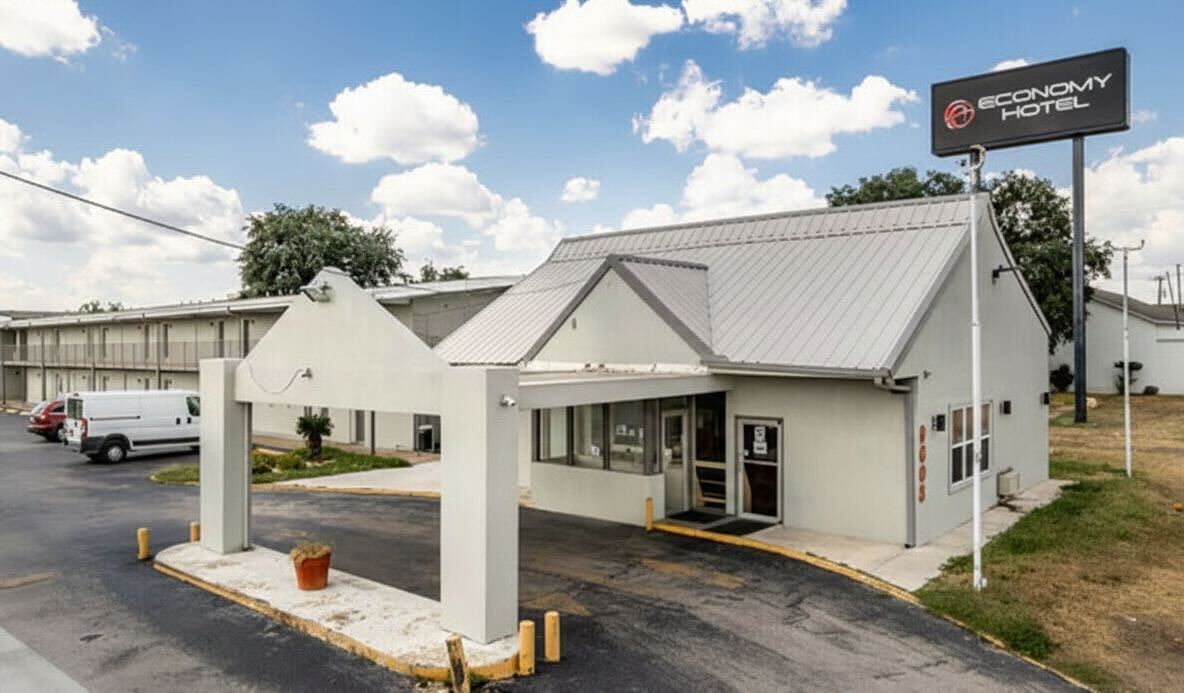How Affordable Accommodation Stabilizes the Lives of the Economically Challenged
In an era where economic disparity is on the rise, the importance of affordable accommodation cannot be overstated. For many, the quest for a place to call home without breaking the bank is more than a convenience—it's a necessity.
The Foundation of Stability: Housing
Stable housing is the bedrock of personal and economic stability. It provides more than just shelter; it offers a base for individuals and families to build their lives. Without it, maintaining employment, achieving educational goals, and securing a healthy lifestyle becomes significantly more challenging. Affordable accommodation options, such as budget hotels, hostels, and subsidized housing projects, act as a lifeline for those unable to access or afford traditional housing markets.
Economic Benefits of Affordable Accommodation
- Employment Opportunities: Affordable accommodations are often located in areas with access to employment hubs. For individuals struggling with homelessness or housing instability, this proximity to job opportunities can be transformative. Additionally, economy hotels themselves often provide employment opportunities in the local community.
- Reduced Financial Stress: By offering housing at a lower cost, economically challenged individuals can allocate more of their resources towards food, healthcare, education, and savings. This redistribution of expenses can lead to an overall improvement in their quality of life and financial security.
- Boosting Local Economies: Affordable accommodations contribute to local economies. Tenants’ spending on goods and services in the area supports local businesses, fostering economic growth within the community.
Social Implications of Affordable Housing
- Enhanced Educational Outcomes: Children in stable housing environments show higher academic performance and improved school attendance. Secure housing eliminates many of the stressors associated with precarious living conditions, such as frequent moves or high noise levels, that can detract from a child’s educational focus.
- Health Improvements: There is a well-documented link between stable, affordable housing and better health outcomes. Reduced stress levels, the ability to store and cook nutritious food, and a safe environment free from hazards all contribute to the physical and mental well-being of residents.
- Community Cohesion: When people have access to affordable housing, it fosters a sense of community and belonging. This social stability is crucial for building networks of support, which can be particularly valuable for those facing economic hardships.
The Role of Economy Hotels
Economy hotels uniquely contribute to the spectrum of affordable accommodation options. They provide immediate, flexible lodging solutions for those in transitional periods or facing sudden financial difficulties. Moreover, these establishments are increasingly incorporating features like small kitchens, which allow for longer stays and more home-like environments that can be especially beneficial for families.
Moving Forward: Policy and Action
To enhance the effectiveness of affordable accommodations, policymakers and community leaders must focus on sustainable development and inclusive housing policies. Initiatives might include zoning laws that encourage the development of affordable units, subsidies or tax incentives for low-income housing projects, and support services that address the root causes of economic disenfranchisement.
Conclusion
Affordable accommodation serves as a crucial stabilizer in the lives of the economically challenged, providing not only shelter but also a foundation for a more secure and prosperous life. As society progresses, the continued focus on expanding and improving these accommodations will be vital in addressing the broader challenges of economic inequality and homelessness. With thoughtful policy and community engagement, affordable housing can continue to change lives for the better.
This is paragraph text. Click it or hit the Manage Text button to change the font, color, size, format, and more. To set up site-wide paragraph and title styles, go to Site Theme.












